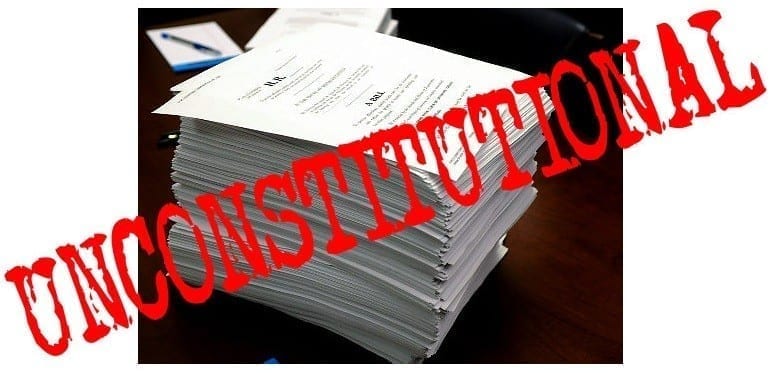Minnesota Sheriff Must Stop DNA Collection Following Settlement
The American Civil Liberties Union of Minnesota filed a lawsuit in April of this year against Dakota County Sheriff Tim Leslie on behalf of Rosemount resident 68-year-old John David Emerson who is facing a second-degree charge of assault with a dangerous weapon. The lawsuit alleged that Leslie attempted to take a sample of Emerson’s DNA at his first court appearance without a warrant or a conviction in the road rage incident that occurred in Hastings in October 2015 and collection in this manner was unconstitutional.
In June 2015, Dakota County became the only county in the state of Minnesota to resume the collection of DNA evidence via cheek swabs following a defendant’s first court appearance. The samples were sent to the state’s Bureau of Criminal Apprehension for analysis and entry into databases used in criminal investigations. This was first authorized in 2005 but was stopped after only a year when the Minnesota Court of Appeals ruled that such collection is an unreasonable search and seizure as defined by the Fourth Amendment to the U.S. Constitution.

Leslie maintained his position that collecting DNA in cases involving violent crimes is a much-needed tool for identifying criminals. Dakota County argued further it could continue collecting the DNA evidence because of a 2013 Supreme Court decision upholding a Maryland law regarding the matter. However, the ACLU argued that the way in which Leslie was attempting to collect the evidence was unlawful and unconstitutional.
Leslie stopped collecting DNA last year following an order issued by the Dakota County District Court after Emerson’s attorney took notice. But, he resumed collection in January after the state’s highest court challenged the district, concluding it had overstepped its authority. The court further held that civil action was the best way to handle the matter. Leslie has opted to settle.
In a joint statement released after the agreement was made, the parties said a settlement was reached “in recognition of the fact that the statute in question has statewide impact and that any potential costs associated with defending the law should be the responsibility of the state of Minnesota and not solely the responsibility of the citizens of Dakota County.” The parties added further that if the Legislature “wishes to have the constitutionality of this state law defended through civil litigation, it should pass a law providing for reimbursement for the county defending the constitutionality of the statute in civil litigation, or provide the Minnesota attorney general with the resources needed to defend the validity of the law.”
As part of the settlement terms, Leslie allowed the Dakota County District Court to enter an order against him which forbids DNA collection and requires the destruction of any previously collected samples. “This is a win, not just for our client, but for the other people whose DNA was unlawfully collected, and for those whose rights would have been violated in the future,” John Gordon, ACLU-Minnesota Executive Director, said. “Your DNA belongs to you, not to the government…The Dakota County sheriff is not above the law, the courts, or the Constitution. This settlement affirms those principles.”
Sources:
After settlement, Dakota County sheriff to stop collecting DNA without warrant


Join the conversation!